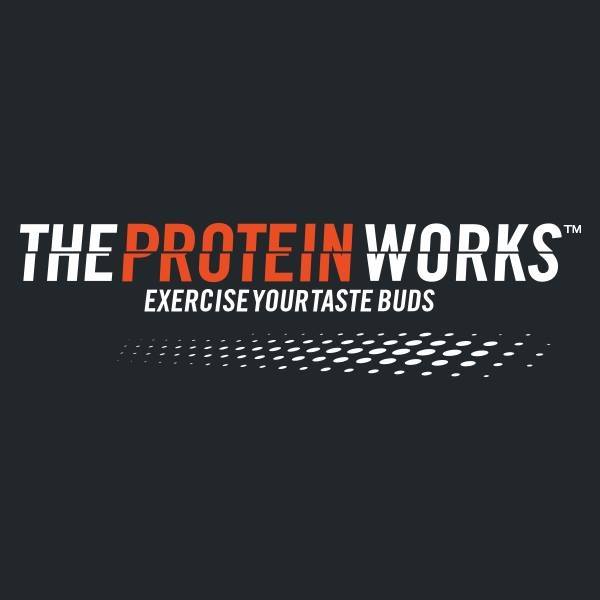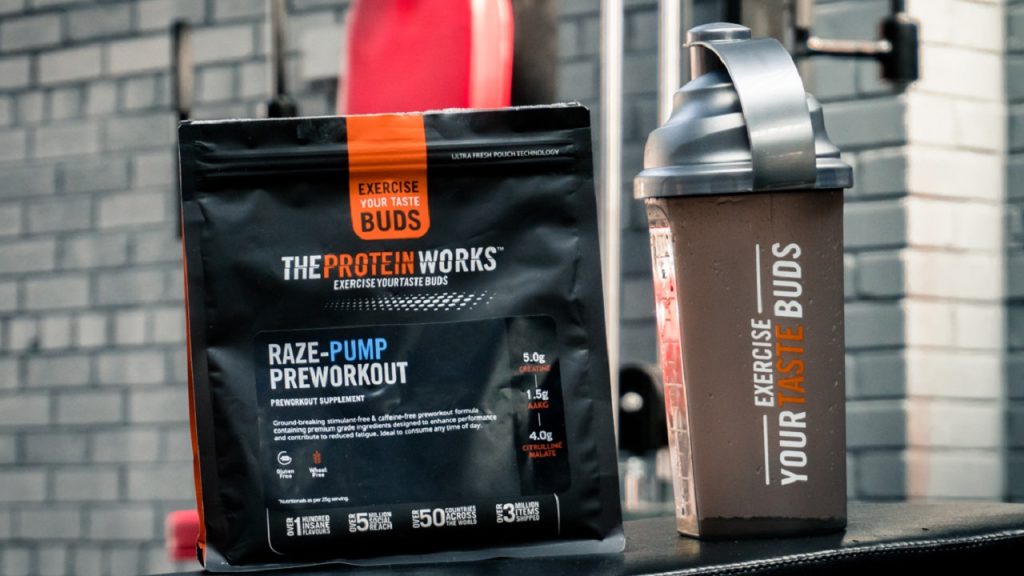
Energy For Performance
‘After natural talent and appropriate training, an adequate diet is known to be the next most important element for enhancing the training and performance of sports people’ (Williams, 1996)
To move our bodies a good interplay of muscle contraction and relaxation is required, the energy required to generate this muscle activity is derived from the universal energy donor adenosine triphosphate (ATP). The energy our bodies require to function is delivered through the oxidisation of carbohydrates and fats, when the supply of energy from these sources becomes insufficient protein can also be used as an energy source. Our bodies are able to store a large amount of endogenous fuel, primarily in the form of fat, however the body does also store a limited amount of carbohydrate (Van Loon, 2012). A breakdown of our body’s fuel supplies can be be seen in table below.
Unlike fats, carbohydrates cannot be stored in large amounts, it is therefore important that we take enough carbohydrates before, during and after strenuous exercise’ (Van Loon, 2012)
To ensure optimal function it is important to follow an effective nutrition strategy, this includes ensuring that our bodies are adequately fuelled before exercise, remaining fuelled during exercise, and refuelling immediately after exercise. This graph (left) provides an example of how rapidly carbohydrate stores can be depleted when an effective refuelling strategy isn’t followed after exercise.
Nutrition before exercise
Ideally, your pre exercise meal should be consumed around about 3 ½ hours prior to commencement of exercise, and certainly no less than 1 ½ hours. The meal should consist of low to medium glycaemic index carbohydrates at an amount of around 0.8 – 1.5g per kg that you weigh.
Nutrition during exercise
Immediately before exercise, or during the warm-up, it is a good idea to make sure that you are hydrated for the exercise that you are about to undertake, a good target would be 5-8 ml of fluid per kg that you weigh. For moderate to high intensity exercise lasting longer than 45 minutes carbohydrate rich sports drinks or gels can significantly improve your performance, whilst helping to avoid ‘hitting the wall’. If you are consuming carbohydrates during exercise this should not exceed 60g per hour as this is the maximum that the body can absorb
Nutrition after exercise
It is important to replenish fluids and carbohydrates immediately following exercise. High glycaemic index carbohydrates should be consumed within two hours (1.5g – 2g per kg of body weight to a maximum of 120g). The most effective way of monitoring fluid loss is to weigh yourself pre and post exercise, for every kg lost during exercise you should aim to consume 1 – 1.5l of water.
It should be noted that this advice is only applicable to individual’s consistently training and competing for performance. For individuals training to lose weight nutrient intake around exercise is vastly different.
References
Williams, C. (1996). Diet and Sports Performance. In M. Harries., C. Williams., W. Stannish., & L. Micheli (Eds.) Oxford, United Kingdom: Oxford University Press.
Van Loon, L. J. C. (2012). The Human Engine. Retrieved from http://www.sugarnutrition.org.uk/The-Human-Engine






No Comments yet!